Lahu village in SW Yunnan has a new look
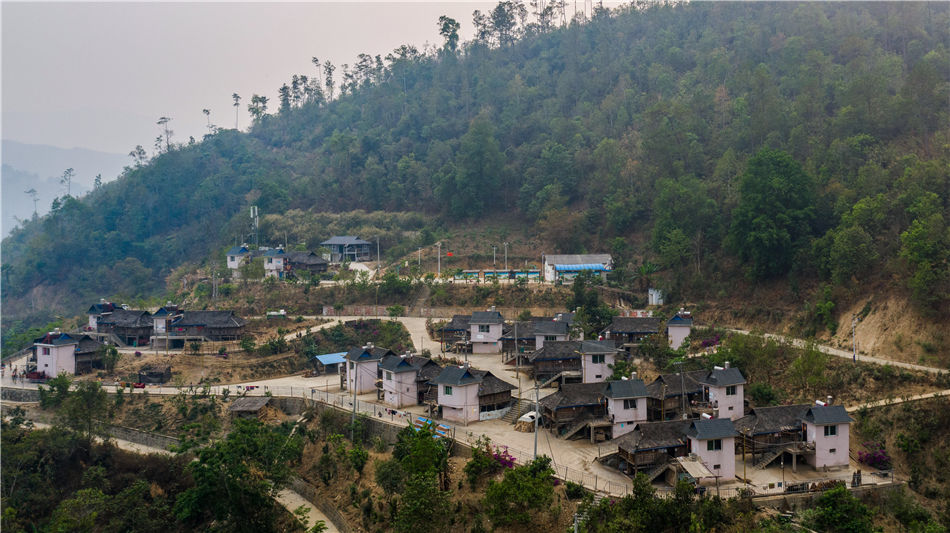
Located on the Bulang mountains in southwest Yunnan’s Menghai County, the Manban Sandui natural village used to be known for its impoverishment. Of the Lahu folks in 17 households, all are illiterate.
As an ethnic group who entered socialism directly, the Lahu people inherited the slash and burn farming method from their hunting ancestors. In their language, the word Lahu means a tiger-hunting people.


Hunting is generally a man's business. In Manban Sandui, however, Na Si is the only woman hunter in the village. "Those days, I just needed a single bullet to kill a boar 20 plus meters away," said Na.
The Manban villagers moved to a new resettlement near the road in 2004, but before long they returned to the old village one after another. Some said the new home is far away from their farming fields, while others just could not accustomed to the environment.
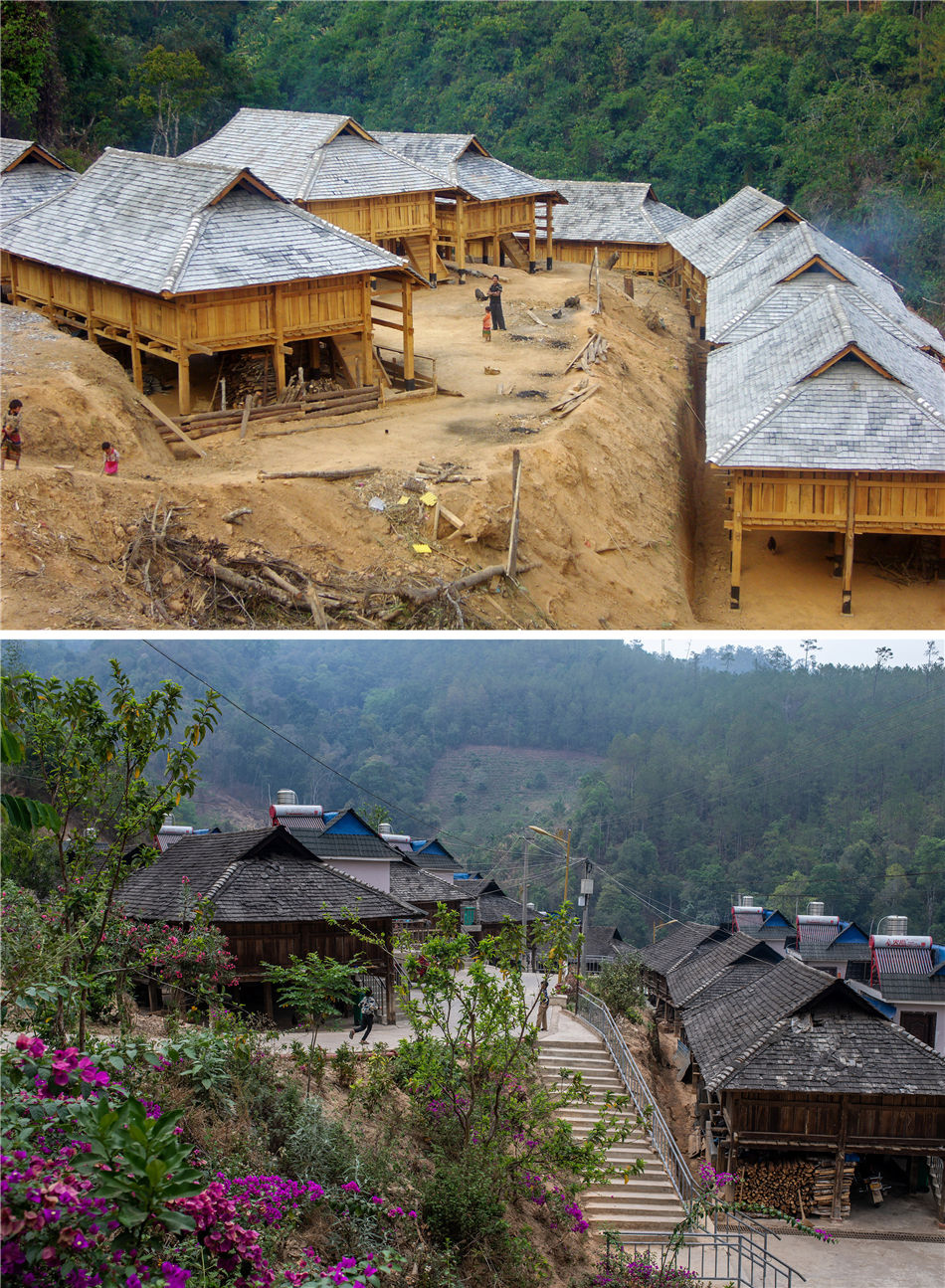
In 2009, local government built another new settlement for the Lahu folks, which is nearer to their farms. With bettered facilities in transport, water, power and communications, the villagers did not move back.
Relocation is only the first step, and local resettlement workers had a long way to go in helping the Lahu people adopt the modern life style. In 2015, Menghai County assigned four poverty-alleviation workers to Manban, carrying out trainings sessions on planting, breeding and literacy in the village.
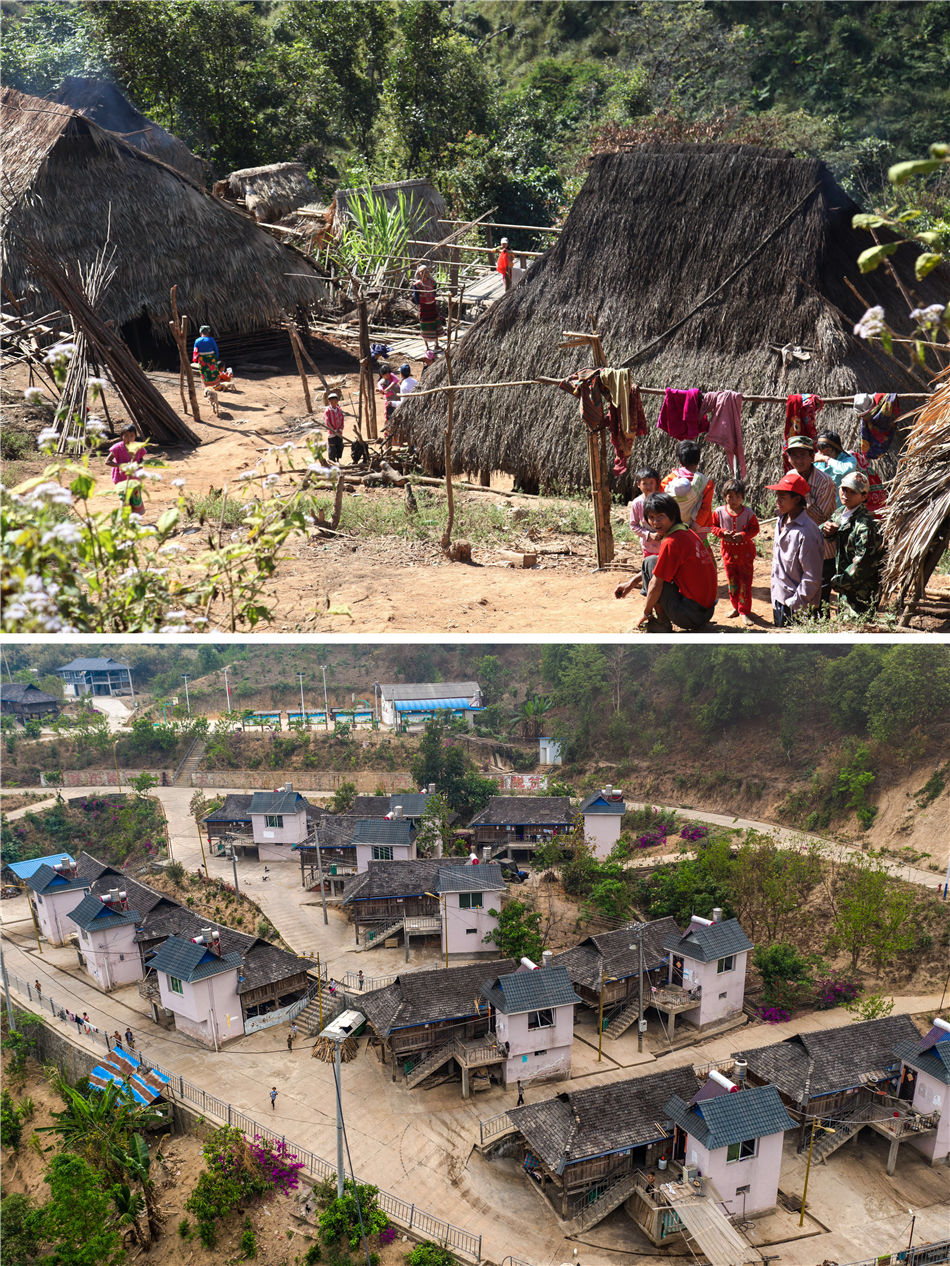
"We started by teaching Mandarin and barbering to villagers, and then helped them build pig sties, raise animals and plant rice," Luo Zhihua, leader of the poverty alleviation team. Luo has worked in the village for 5 years, witnessing the changes in Manban.
At first, Na Si had no idea on raising seedlings or sprinkling fertilizers. Under the help of the poverty alleviation workers, the family has planted 1.2 hectares (18 Chinese acres) of tea trees in the past years. Also, Na Si planted 4 CN acres of rice last year, with a yearly yield of over 2,000 kilograms.
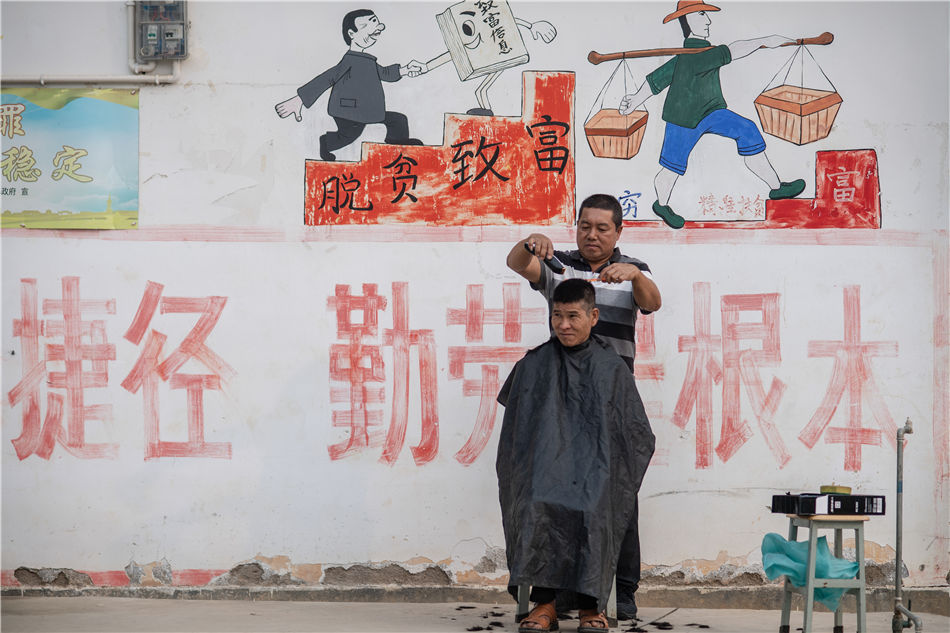
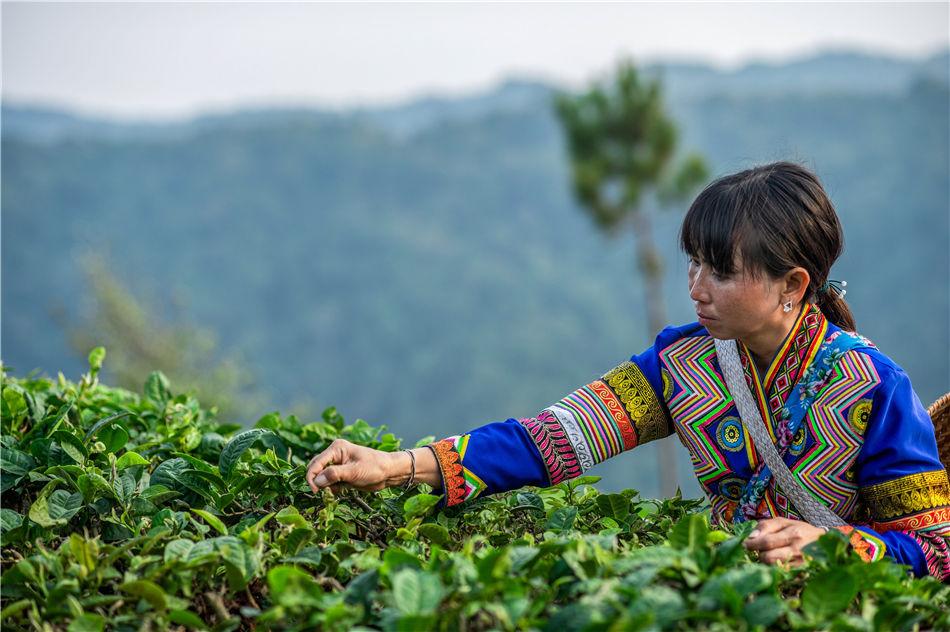
"Now we have abundant rice, no longer worrying about food." Na Si said, pointing to the bags of rice stored at home. Instead of hunting boars, Na is now the lead dancer of the village art troupe. After farming, she learns to dance by watching videos on her mobile, and teach others in the village.
Earlier this year, Yunnan removed from the impoverishment list the Lahu and other eight directly-entering-socialism ethnic groups. And Manban village, where Na Si lives and works, has said good-bye to poverty long before that.
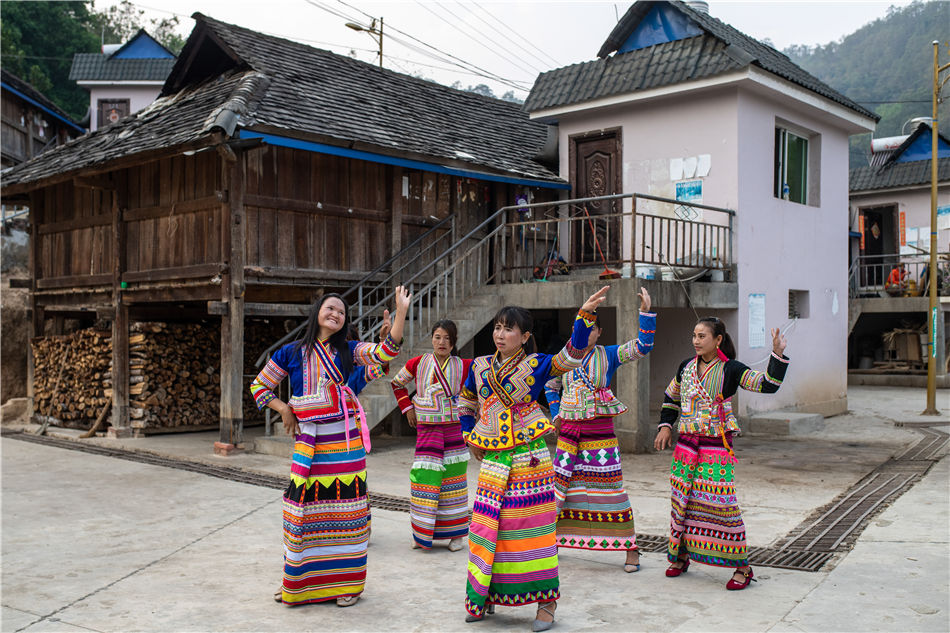

"I will no longer teach my child to hunt," said Na Si, who puts her dream to the fast-growing tea trees. "By selling tea in the future, I’ll get car and drive on highways."
Source: Xinhua; trans-editing by Wang Shixue